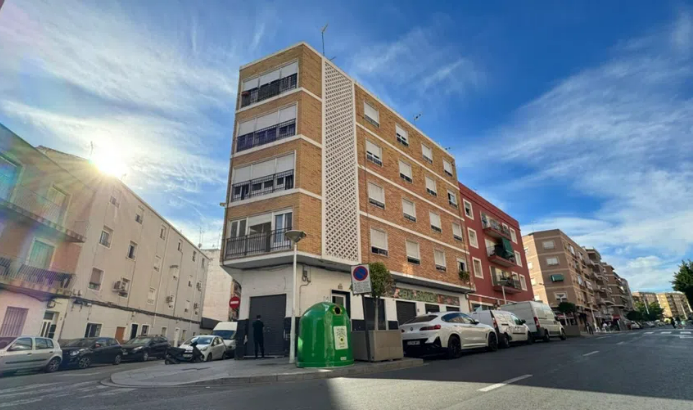
On Thursday, 14 November, the Spanish Congress of Deputies approved a law to expedite trials for illegal home occupation under the Judicial Efficiency Act. The legislation stipulates that breaking and entering or home usurpation crimes will now be processed via fast-track trials, with proceedings expected to conclude within approximately 15 days. This reform marks a significant shift, driven by an amendment from the PNV and backed by parties including the PP, Junts, ERC, UPN and Coalición Canaria, though it also received an unintended vote from Bildu.
The amendment to Article 795 of the Criminal Procedure Act adds illegal occupation to the list of less serious crimes eligible for the fast-track process, which previously applied to offences such as theft and robbery. While the measure has been hailed in some circles as progress in combating squatting, it has also received mixed reactions.
Are fast-track trials the solution?
The new Law on the Efficiency of the Public Justice Service aims to streamline judicial processes for squatting cases. After an offender is arrested, a judge must summon the accused within 72 hours while the judicial police prepare their reports. If the parties and the Public Prosecutor agree to proceed, the oral trial must conclude within 15 days, with sentencing within three days of the trial.
However, critics, such as José Ramón Zurdo, director of the Rental Negotiation Agency (ANA), question its effectiveness. Zurdo notes that while fast-track trials could, in theory, resolve cases in under a month, the reality is more complex. “In homes occupied by vulnerable individuals, eviction won’t be as swift, as social services will need to intervene, delaying proceedings.”
A part solution
The law addresses only the crimes of breaking and entering, excluding other problematic scenarios like "inquiokupas" – individuals who pay the first month’s rent and deposit but who do not intend to make further payments, exploiting the slow justice system to remain in the property. These cases are handled through fraud complaints or lengthy and complex civil proceedings.
Jesús Manuel Martínez Caja, general secretary and legal advisor of AMADEI, highlights that such squatters do not commit the crimes eligible for fast-track trials, which could deliver orders in 20 days compared to the current one to two years. As a result, the measure offers no solution for these situations.
“Another potential issue is the overload of such cases in the courts, leading to a foreseeable collapse that must be avoided,” warns Martínez Caja.
The Rental Negotiation Agency (ANA) suggests that resolving these disputes should focus on administrative measures rather than judicial ones. They propose creating a public registry of rental contracts by amending Article 37 of the LAU. This registry would allow security forces to evict squatters immediately if no valid, registered contract is presented, bypassing the need for judicial intervention. ANA argues this approach would prevent delays caused by false contracts or deceptive claims often used by squatters to avoid eviction.
Bildu's mistake and the future of the law in the Senate
An unexpected twist in the parliamentary session was Bildu's mistake, which inadvertently secured the approval of the PNV amendment. Hours later, spokesperson Mertxe Aizpurua acknowledged the mistake and pledged to mitigate its impact. However, with the bill now heading to the Senate, the PP majority makes altering the text unlikely.
Despite Bildu's blunder and ongoing debates over the law's efficacy, the Government and supporters of the PNV amendment argue it is a meaningful step in addressing squatting in Spain. Whether rapid trials will deliver on expectations remains uncertain, with experts warning that the measure might prove more symbolic than practical.
Experts consulted by idealista/news highlight that while fast-track trials reflect political will to tackle Spain’s squatting crisis, they expose structural flaws in the judicial system. Without measures for squatters outside trespassing or usurpation cases and swift solutions for vulnerable situations, this reform, though progress, falls short of being a comprehensive fix.